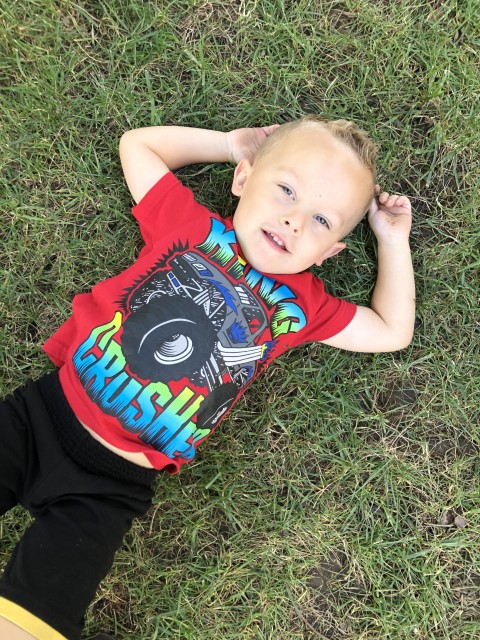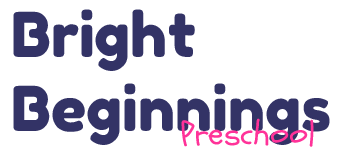The Power of Play
The Power of Play
Have you ever heard someone remark about an early childhood program – even ours perhaps – “all the children do there is play”? At a good early childhood programs there is a lot of play -and there should be!
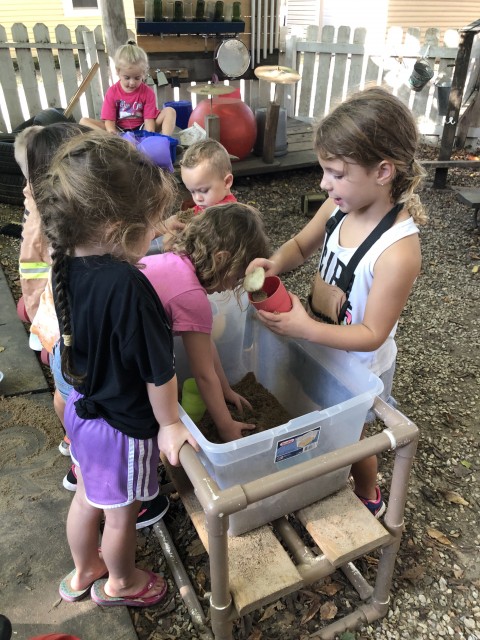
Years of research on children’s learning and development document the many benefits of play for children’s intellectual, social, emotional, physical , and language development. Children at play are actively involved in creating themes, exploring and establishing environments, solving problems, and developing shared understandings.
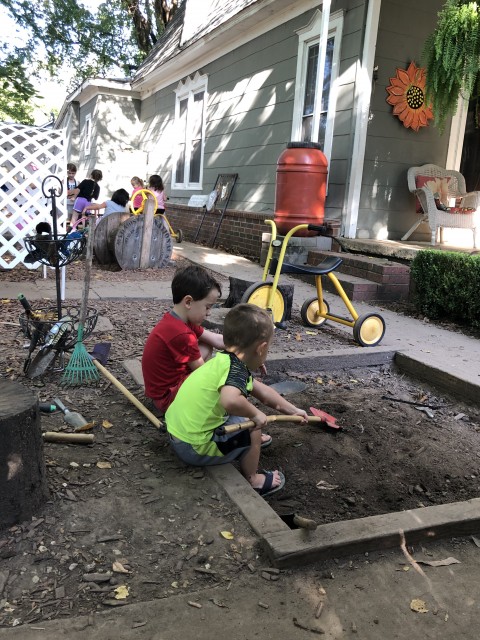
Children play in many ways. They play independently, sometimes near each other but with each child engrossed in his own activity. They engage in what is called “parallel play” , perhaps using each other’s toys or even talking but not coordinating their play. They also play “cooperatively” organizing roles and scenarios for group play. As they get older children are capable of more cooperative, coordinated play. But all kinds of play are valuable.
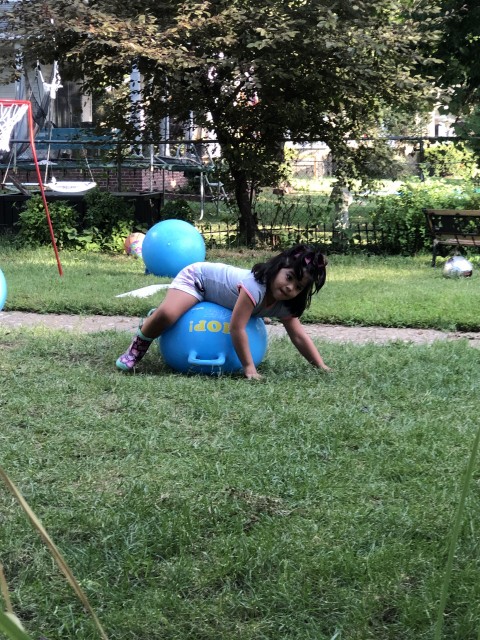
As kids play with each other, they learn to see other children’s points of view and begin to become more empathetic and caring. They come to understand customs and rules in their own culture and to appreciate those of others. They learn to use language in new ways to describe their play and interact with others. And in play, children develop their muscles and coordination
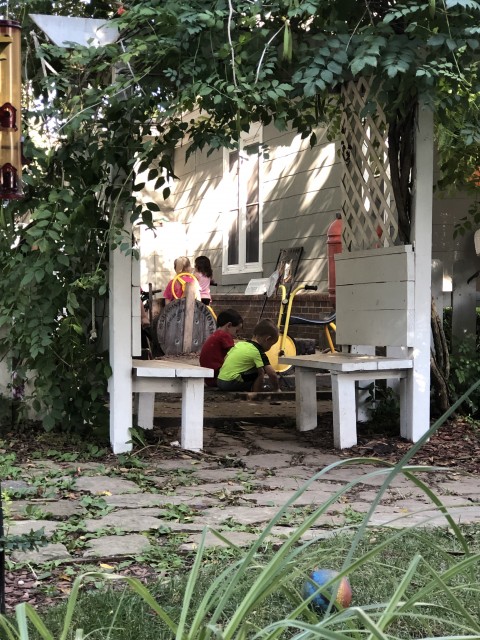
Adults support children’s play by providing space, opportunity, and materials. We set up areas where children can play without fear of damaging furniture or injuring themselves. We make sure that they have the time to choose and become engaged in their own play activities. And when we provide them with simple, interesting materials – no newfangled expensive gadgets required – kids take it from there. Play is fun. But it is also serious business that pays big dividends to is eager young investors.
